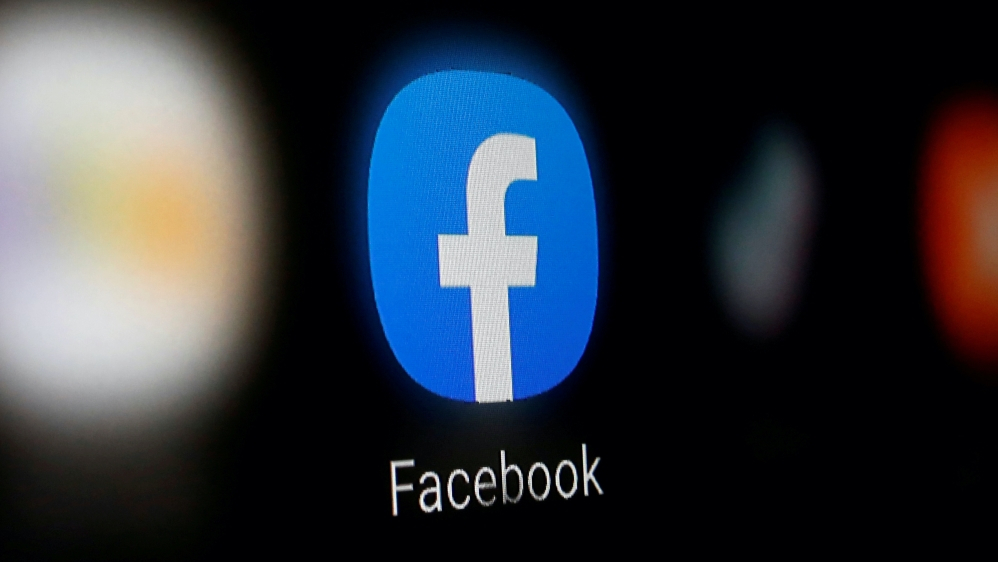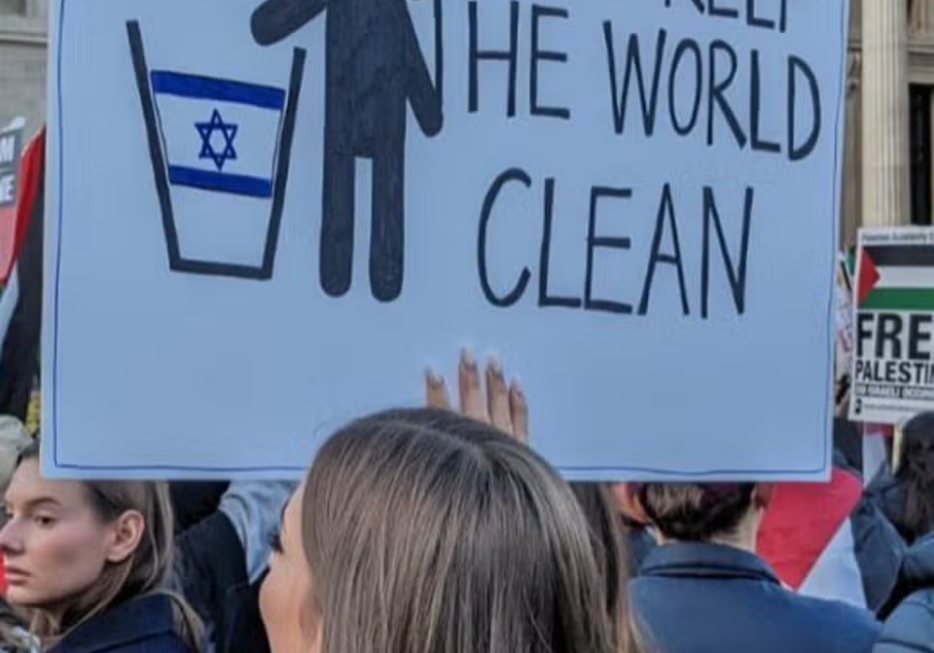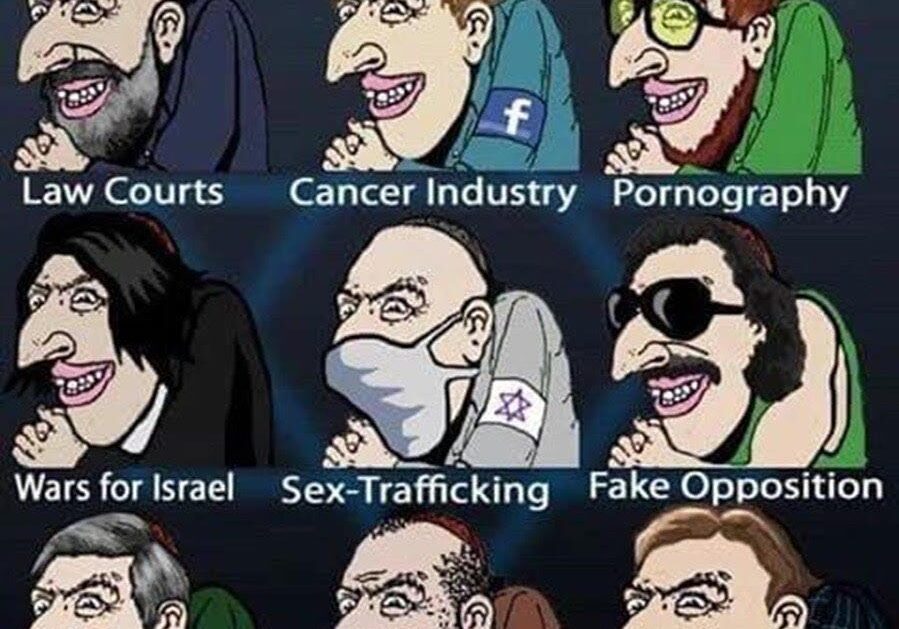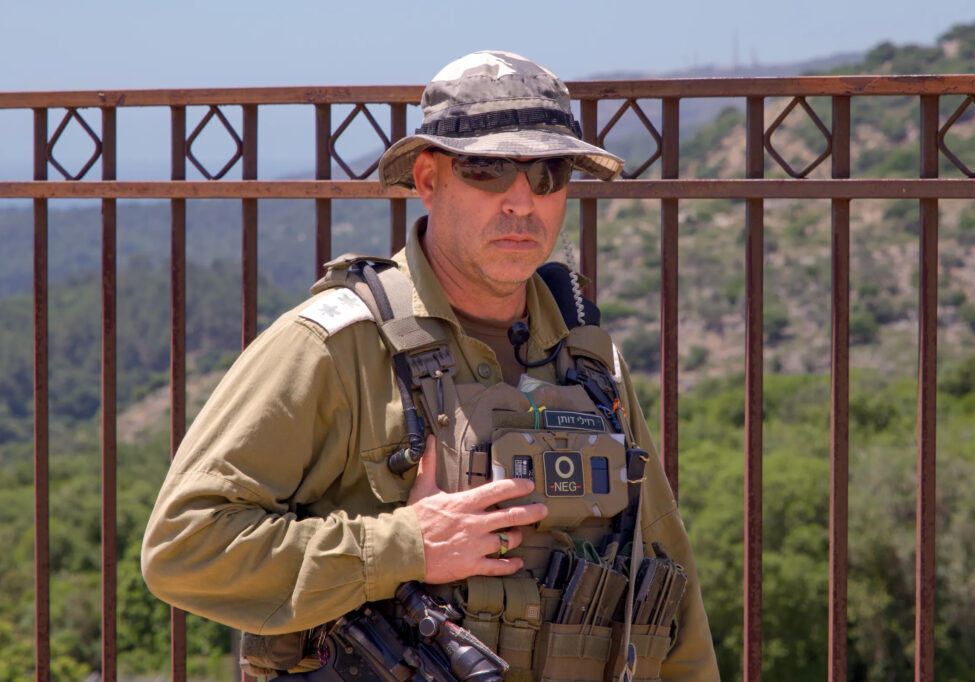Australia/Israel Review
Social Problems
Oct 27, 2020 | Emily Schrader

Facebook’s new antisemitism policies
Facebook, Twitter and Google have all been facing immense pressure in recent months to update their hate speech policies to adequately deal with antisemitism. At a time when antisemitism has skyrocketed around the world, it makes sense that Jewish leaders, groups and activists are calling on major social media networks to raise their standards; after all, they are a key factor in shaping public opinion, and people’s actions, in today’s world. While the new policy updates regarding Holocaust denial on Facebook and Twitter are a hard-fought step in the right direction, they do not go far enough in educating the public about antisemitism. Fortunately, there’s a better alternative these platforms can use.
Advocates and even members of Israel’s Knesset have called on social media companies to incorporate the International Holocaust Remembrance Alliance (IHRA) working definition of antisemitism into their procedures and decision-making. Big Tech platforms are right to ban Holocaust denial, but they are still avoiding a critical component of how antisemitism manifests today: anti-Zionism – or as many call it, modern antisemitism.
Facebook, in particular, was recently the target of a large social media campaign, #AdoptIHRA, which called on Facebook to integrate the IHRA definition into its community standards. The campaign was signed by more than 130 organisations, Jewish and non-Jewish, as well as community leaders and activists. It was met with an immediate response from Facebook that the company would consider all options, and indeed, Facebook subsequently announced a complete reversal of its previous policy, which had considered Holocaust distortion and denial offensive, but also deemed it “free speech” which should not be flagged or censored.
Yet instead of adopting IHRA as a starting point for identifying all antisemitic content and speech, Facebook has been tiptoeing around the issue and selectively picking and choosing which pieces of antisemitism it has a problem with. This will only complicate the issue in the long term and extend Facebook’s long and rich tradition of waiting until it’s too late to take action against dangerous content. Whether it’s white supremacists, Palestinian terrorists, election meddling, or conspiracy theories, Facebook doesn’t exactly have a good track record of pre-emptively dealing with hate speech.
Twitter is arguably even worse when it comes to battling antisemitism. For example, it was only after I myself asked Twitter’s policy representative in hearings at Israel’s Knesset if Holocaust denial was permitted on its platform that it was forced to publicly admit that it permits Holocaust denial. After much criticism, it has now reversed that policy.
Why does it take a public shaming for these organisations to deal with virulent, dangerous hate speech on their platforms? Incredibly, even after the uproar over Holocaust denial, Twitter is still insisting that Iranian Supreme Leader Ayatollah Ali Khamenei’s repeated and public calls to the genocide of the Jewish state are perfectly acceptable, yet calls to violence against any other nationality are removed. These double standards are unacceptable.
Ironically, the IHRA definition does not call on any group, state, or platform to “ban” antisemitic speech at all, but rather to stigmatise it and call an (antisemitic) spade an (antisemitic) spade. For this reason, the consensus of the global Jewish community is to continue to push for the adoption of IHRA by social media networks, even after the positive moves to ban Holocaust denial.
Antisemitism, particularly online, manifests today in the two forms: classic antisemitism, which most social media networks are fairly good at policing; and modern antisemitism. The latter refers to libellous smears against Jews, “Zionists” or the state of Israel, as well as the demonisation of Jews, the Jewish state, or replacement of the word “Jews” with “Zionists,” a popular substitution used by contemporary antisemites in an attempt to present their racist views in socially acceptable terms.
The IHRA definition rightly identifies these forms of speech as antisemitic. It does not, however, deem criticism of Israeli policy or Israelis as antisemitic. This is a critical distinction because free speech is a (supposed) core value of social media platforms. The Jewish community isn’t demanding censorship of those criticising Israel, we are demanding education on what antisemitism is today – in all its forms. We are demanding that Jews be treated equally, like all other groups on social media, instead of the double standards with which we have been faced for years.
The refusal of Facebook and Twitter to adopt the IHRA definition even after a major push from international Jewish communal organisations reaffirms a sense which so many Jews like myself have felt for decades having worked in this field: Jewish lives don’t matter to these social media networks. More than this, what we define and identify as antisemitism, and which we can demonstrate with evidence leads to real-world violence against our communities, isn’t important enough to these companies for them to incorporate these issues into their practices and rules. Taking a stand against Holocaust denial is a start, but it shouldn’t come at the expense of holding social media companies accountable for dealing with modern antisemitism. All social media networks should adopt the IHRA definition of antisemitism in full today.
Emily Schrader is the CEO of Social Lite Creative LLC and an expert in social media campaigns and activism for social causes. She is also a research fellow at the Tel Aviv Institute where she focuses on women’s rights and online hate speech.
Tags: Antisemitism, social media






